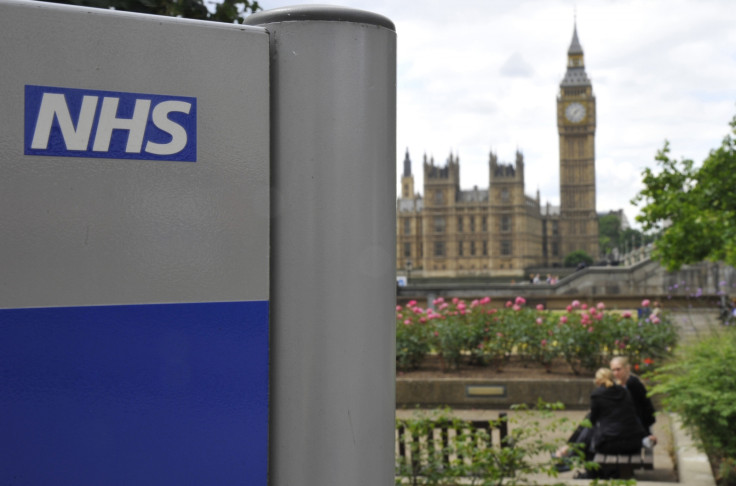NHS needs complete overhaul to meet future demands, warns medical director

The Medical Director of NHS England, Prof Sir Bruce Keogh, has warned that the embattled service is in need of a major overhaul if it is to cope with future demands.
Professor Keogh said the current system will not meet the growing demands of our aging population, and is becoming too expensive to be entirely tax funded.
He told the Guardian: "If the NHS continues to function as it does now, it's going to really struggle to cope because the model of delivery and service that we have at the moment is not fit for the future."
Keogh said a shift is needed from the over-reliance on hospitals towards GP surgeries, bemoaning the increasing numbers of patients turning up at A&E departments.
A&E waiting times are at the worst level since the current system of record keeping began in 2004, while three of the 10 ambulance trusts in England have had to declare a critical alert over the winter. Despite those figures, Keogh denied the NHS was in "crisis".
He said: "Everybody that's working out there in the NHS knows that they're under a lot of pressure at the moment. They don't like the term 'crisis' being applied willy-nilly ... The word 'crisis' implies that you can't deal with it."
Keogh said the migration to treating people in GPs surgeries rather putting them up in hospital "dormatories", where they can catch infection, was outlined in October in the Five Year Forward View blueprint for the service's future.
The plan would require hospital consultants to visit patients in their GP surgery and the sickest patients being given much more time to discuss their health than the usual 10-minute appointment with a family doctor.
Keogh also told the Guardian that he places great stock in the future of wearable tech devices used to monitor heart rate, for example, in the drive to ease the strain on the NHS. Heart failure is one of the most common causes of hospital admission.
"Fitness trackers are becoming increasingly sophisticated. But there are devices coming along which not only measure how much exercise you do but can also measure your heart rate, your respiratory rate, and whether or not you've got excess fluid in your body – quite complex changes in your physiology.
"Technology is emerging which enables those to be brought together and transmitted through mobile phones or other methods where health professionals can analyse them and act upon any warning signs," he said.
"I see a time where someone who's got heart failure because they've had a previous heart attack is sitting at home and wearing some unobtrusive sensors, and his phone goes, and it's a health professional saying: 'Mr Smith, we've been monitoring you and we think you're starting to go back into heart failure. Someone's going to be with you in half an hour to give you some diuretics'," Keogh told the newspaper.
© Copyright IBTimes 2025. All rights reserved.






















